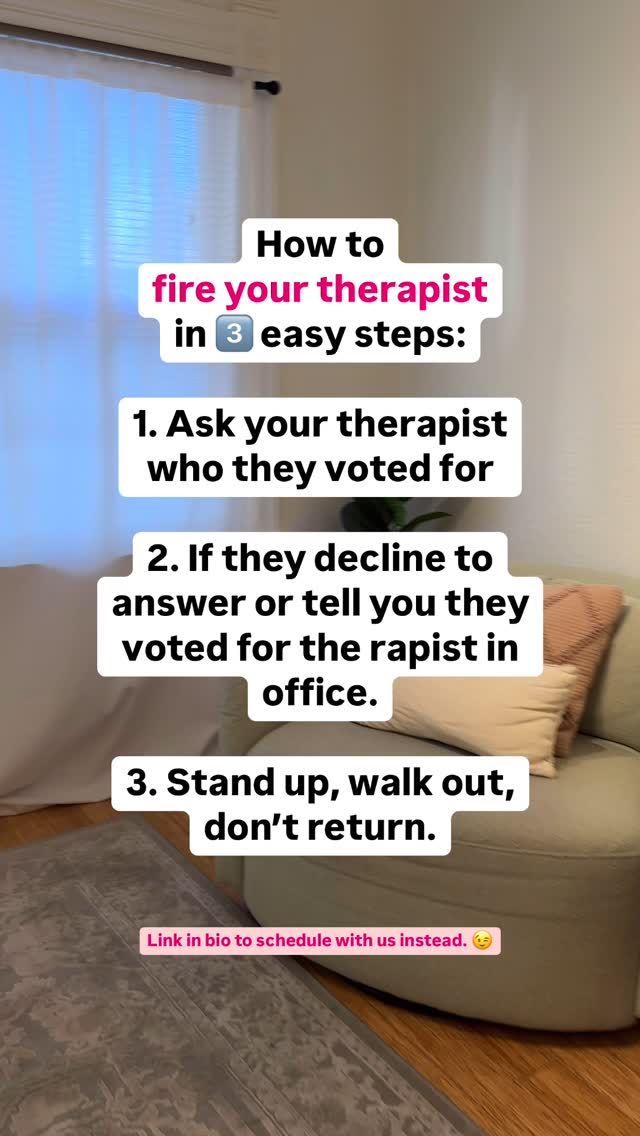
Many of us try to avoid conflicts in our lives — especially in our relationships with loved ones. But even the healthiest relationships will have their share of conflicts. The truth is that conflict is a natural part of life. We all have different opinions, goals, and beliefs. When these beliefs oppose each other, conflict occurs.
Now, there is a difference between a little bit of healthy conflict and high-conflict scenarios. Today, we’ll explore what high-conflict situations are as well as what you can do to cope with these instances with self-soothing activities.
What Is “High-Conflict”?
Situations of high conflict are the times when you feel overwhelmed by your emotions and feelings (physical and mental). You may feel that everything is too loud, and your body feels like it is hot, tense, or otherwise reacting to the inputs you are getting. It is in these situations that you feel “out of control“ or unable to think properly. You may feel like you can’t even understand your partner’s words anymore, or you are past the point of listening to what they are saying.
A high-conflict situation is one that has escalated to a place of extreme emotion and passion. While these situations can be hard to escape once you are in them, there are ways to de-escalate before you or your partner do something you’ll regret later on. However, this takes practice, and both you and your partner need to be on the same page to address these high-conflict situations when they arise.
How to Cope with High-Conflict Situations
The key to coping with high-conflict situations is self-soothing. Now, self-soothing is exactly what it sounds like. This coping mechanism relies on using strategies and techniques to leverage the experiences and activities that you find relaxing to take a break from the situation and calm down. Everyone’s self-soothing activities will be dependent on their personal preferences and what makes them feel the most comfortable, but there are a few general self-soothing practices that are a great place to start if you are new to the concept.
So, without further ado, let’s dive into some of the best strategies you and your partner can use to practice self-soothing when these high-conflict situations arise.
Know When to Take a Break
Whether it is a 5-minute break, a 30-minute break, or even a 24-hour break, knowing when to step back is a critical skill for both you and your partner to work on.
If you find yourself in high-conflict situations frequently or you never know how to tell your partner that you need a break from a topic of conversation, it may help to come up with a time-out signal that you or they can use when a conversation is becoming too much for that moment. This could be a simple word, phrase, or motion that simply alerts the other party that, at that moment, the conversation will not be productive.
It is best to create this signal together with your partner when you are both calm so that you both understand its meaning and will know to honor it in conversations or other situations moving forward.
Focus on Your Breath
Spend some time simply breathing intentionally. Maybe try a guided meditation breathing exercise to help you focus on inhaling and exhaling. If you don’t have access to a guided meditation, try the following breathing exercise.
- Inhale for a count of 4.
- Hold the breath for a count of 4.
- Exhale for a count of 4.
- Repeat until you feel your heartbeat slow or you feel more relaxed.
Relax Your Muscles
In stressful situations, our bodies contract our muscles to better prepare us for reacting. This is a natural response, but it is one that makes it much harder to feel soothed when you are in a high-conflict situation or after leaving one. So, one incredibly helpful self-soothing strategy is to address your physical body specifically.
Notice what you feel in your body. Is your jaw clenched? Do you feel butterflies in your stomach? Concentrate on these areas and try to actively relax them one by one. Feel the weight flowing out of your limbs or the tension release from your neck, jaw, or wherever else as you relax your muscles.
Find a Safe Space
If you can find a physical safe space in your home, great. Otherwise, create an imaginary space that you can visit when you need to cool down. More often than not, an imaginary space works better for this because it can be accessed from anywhere and at any time. This means that it can be used as a tool to help soothe yourself in high-conflict situations that take place outside of your home as well.
Maybe for you, this is a small cozy cottage in the middle of a lush forest. Maybe it is in a secluded retreat on your favorite mountain range. Or perhaps it is somewhere that you have always felt safe and loved — like a grandparent’s house or childhood hideout. No matter where this space is for you, make sure you know it like the back of your hand. Make sure you can easily picture what it looks like, what the air smells like, what you can hear, and how the ground feels beneath your feet as you stand there.
Practice Self-Care
Listen to your favorite song, album, or playlist. Calming or more mellow music can be a great way to help your body slow down, and your mind relax. Picking something with a slower beat — like lofi music — can also help regulate your heartbeat and return it to a more natural rhythm.
If music isn’t your thing, try going for a walk — extra points if it is outdoors. Getting your body moving, especially outside in nature, can be a great way to signal to your body that it is no longer in a high-conflict situation.
Now, maybe you’re not a fan of music, and it’s too cold for you to walk, or maybe you’ve already tried both of these options, and you are still feeling on edge. In this scenario, you may need to take some extra time for yourself. Take some time for your favorite self-care activity — whether it is a warm bath, reading a book, doing yoga, making sweet treats, drawing, or anything else.
Seek Professional Support
A therapist or counselor can provide personalized advice and help you build and tailor strategies and techniques to your specific needs and preferences. They can also help you (and your partner if you select to attend couples counseling sessions) build healthy communication and problem-solving skills that can help you address the topics of your high-conflict situations more effectively. This can help you reduce the
So, if you find yourself unable to effectively calm yourself down after a high-conflict situation using the tips above or you and your partner wish to begin couples counseling sessions to strengthen your relationship, please do not hesitate to reach out to us at Love Heal Grow today.






